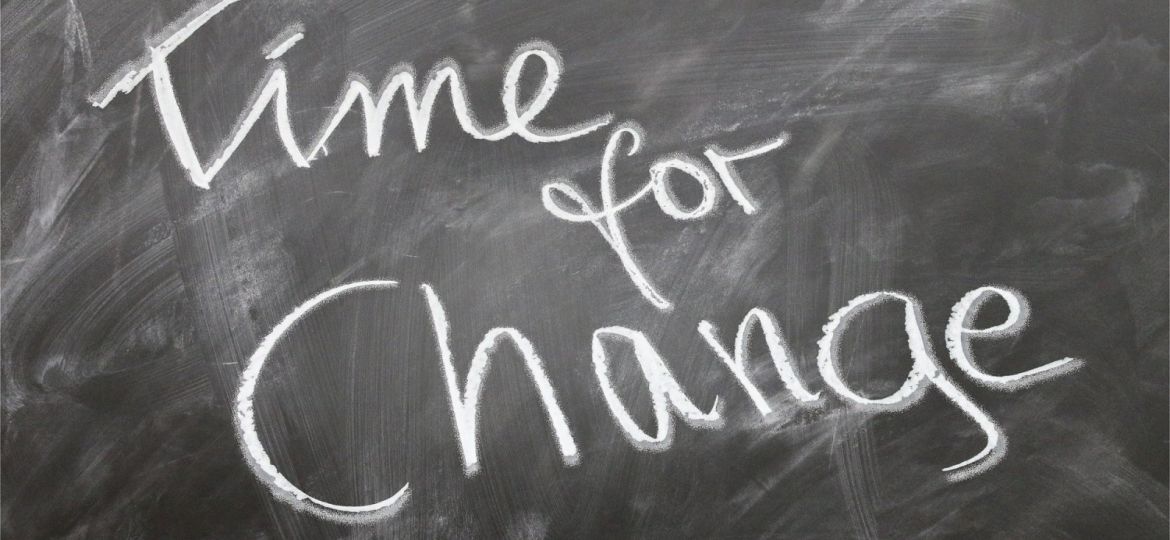
The place we feel safe, we hate to leave and we love to cling to—the comfort zone. We all have one, and it’s a scary thing having to step outside of it.
It turns out that the fear of leaving our comfort zone isn’t just an irrational emotion we’ve developed throughout life, but is instead a deeply rooted biological system that we’re all born with. Our comfort zone is our safe zone, and leaving safety is synonymous with danger.
The Science of the ‘Comfort Zone’
Our brains are hard-wired for survival. It’s what kept us alive for thousands of years as we evolved, learning to recognize a dangerous situation and adapt to avoid them.
Our fight or flight response is deep rooted in our DNA, but while it was helpful for our ancestors, it can be impeding to us in the modern day. Often, this fight or flight response manifests itself in very real physical symptoms to situations we perceive as dangerous but aren’t life threatening like they once were. This is what so many of us experience today and refer to as anxiety.
Just as our ancestors learned the dangers of life, they developed a comfort zone in order to survive. Push those boundaries, and you may have ended up as a predator’s meal. Stay within them, and you were more likely to flourish.
Unfortunately, those same rules don’t apply today, but our mind tells us that they do. Stepping outside of our modern comfort zone and venturing for a new career certainly won’t put our life at risk (unless it’s a dangerous job, of course), but we are biologically prone to stay within our limits.
So how do you go against the very science that makes you a human being? In the modern day, growth never happened in a comfort zone. We have to learn to get comfortable taking risks, but it’s never an easy thing to do.
Exercises to Help You Embrace Change
If you’re feeling anxious about change, here are a few ways you can prepare yourself and embrace new things in life:
- Do your research – Sometimes change is out of our control, but often, there are opportunities for us to prepare for it. If you can, do your research so that you feel more prepared for the changes to come.
- Practice mindfulness – Stay in the current moment, breathe and focus on your surroundings. Mindfulness techniques can give you the perspective you need to realize that you’re still breathing and okay, even in situations that feel scary.
- Maintain a support system – Understand that no one has to go through change alone. We are all human beings, so we have all experienced the fear and unease of going through a change in life. Chances are, your family, friends and the people around you can relate to and sympathize with the feelings you’re experiencing.
- Counselling – When changes in life are unexpected and traumatic, like losing a loved one or getting a life changing diagnosis, understand that you are not expected to adjust to it like any other change. This type of change takes time, courage and healing, and you don’t have to do it alone. Counselling is a healthy way to work through your emotions, develop positive coping techniques and learn how to go forward in life.
If you or a loved one are struggling with change, our counselors are here to guide you through. We offer free consultations and therapy for clients in Calgary and surrounding area. Call us today to get started.

